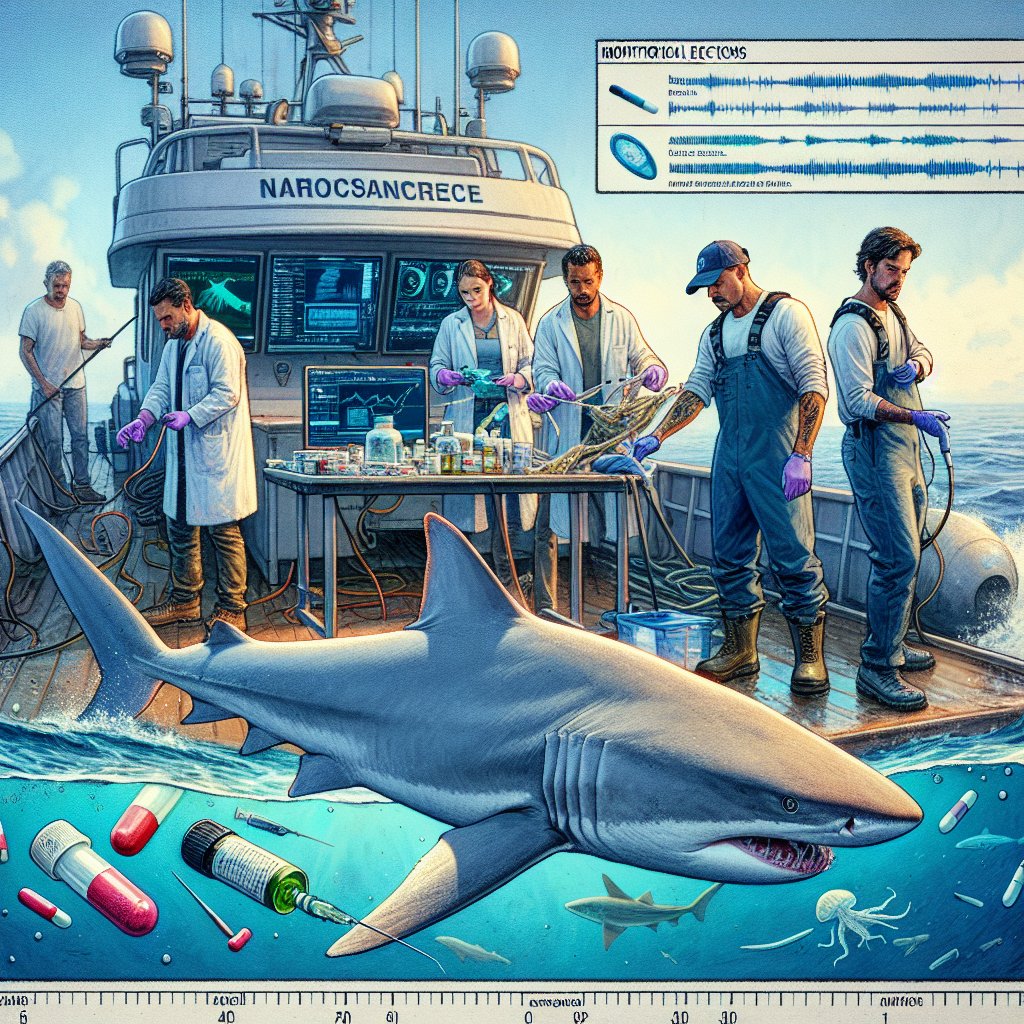Image created by AI
Brazilian Sharks Harbor Startling Cocaine Levels: A Wakeup Call for Marine Health
A startling discovery has surfaced from the waters off Rio de Janeiro, as a team of marine biologists from the Oswaldo Cruz Foundation detected high concentrations of cocaine in local sharpnose sharks. The investigation, revealing drug pollution's penetration into marine ecosystems, has unearthed more questions than answers about the ecological impact of human substance use.
These findings were not isolated incidents. Political and entertainment spheres have seen echoes of this marine drug phenomenon, like the drug hauls in the Florida Keys, which inadvertently supported the documentary "Cocaine Sharks." These encounters are more than mere anecdotes; they illustrate a troubling trend of narcotics seeping into ocean waters, with unknown consequences for marine fauna.
Research into drug uptake in aquatic species suggests profound physiological differences compared to humans. While cocaine is a known stimulant for human users, the effect on fish and sharks seems to differ significantly, potentially acting more as an anesthetic. These preliminary insights necessitate a deeper dive into how such substances alter marine organisms' behavior and health.
The environmental ramifications of these findings are dire, propelling further inquiries into drug pollution's effects on marine ecosystems and the food web. The cocaine levels found in these Brazilian sharks exceed those from previous studies by over a hundred times, pointing to a significant escalation of the problem.
Addressing the crux of this issue involves tackling drug consumption and waste management practices. With the documented rise in drug usage leading to an inevitable surge in the quantity of narcotics infiltrating marine environments, this study serves as a global call to action. It is imperative that we understand these ecological interactions for the well-being of aquatic life and the broader environmental health.










